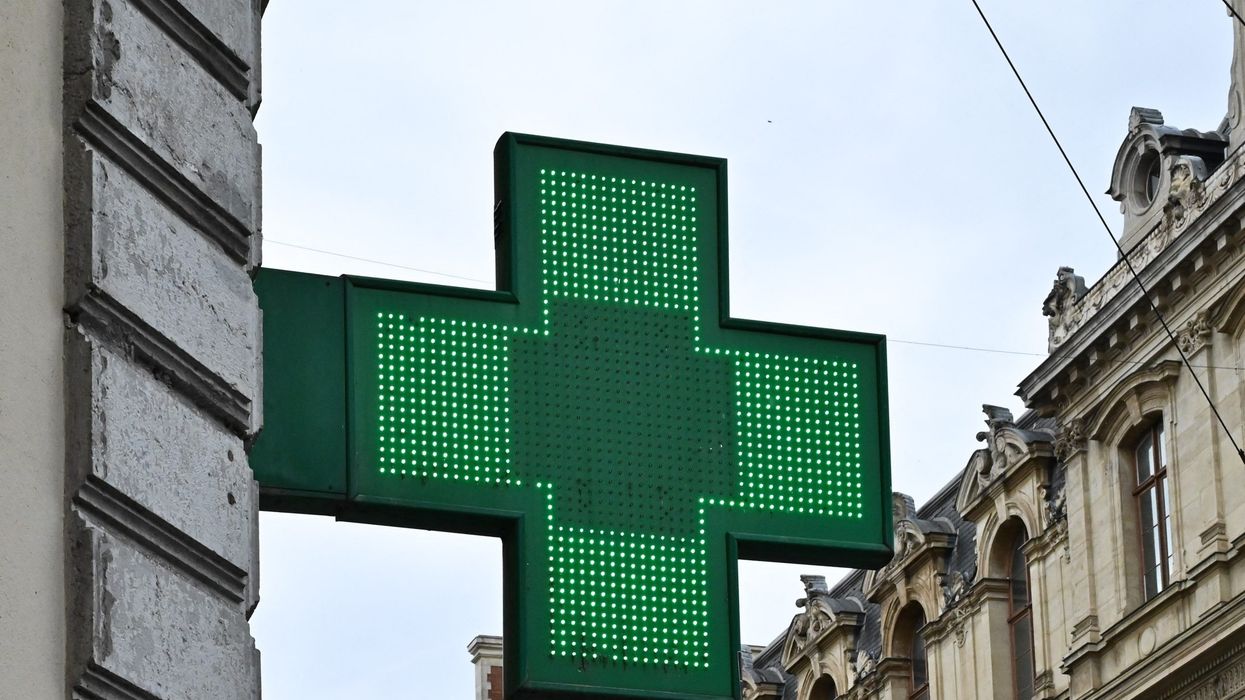Nearly 63.6 per cent of community pharmacies have cut their hours since 2015, with an average reduction of 6.5 hours per week, the NPA has stated
"It is crucial that patients can access care when they need it, whether from a pharmacist or a GP, " Paul Rees, Chief Executive of the National Pharmacy Association (NPA) has said.
In response to a recent survey conducted by the General Medical Council (GMC) highlighting alarming trends among General Practitioners (GPs), the NPA has issued a warning about the growing crisis in the UK's primary care system.
Rees emphasised the urgent need for government intervention, saying, "Only by reversing these cuts and providing pharmacies with a new funding deal will we be able to end the 8am scramble for appointments."
The GMC survey reveals that there is a significant increase in the number of doctors reducing their working hours to safeguard their wellbeing, spotlighting concerns about the long-term impact on patient care.
According to the report, nearly half of GPs ( 48 per cent) are struggling to manage their workload, with several resorting to decreasing their hours or declining additional work to protect their mental and physical health.
If unaddressed, the GMC has warned that, the situation could further strain an already overburdened healthcare system, potentially putting patients at risk.
Community pharmacies cut their hours
Responding to the findings of the report, Rees also emphasised on the interconnected challenges facing both GPs and community pharmacies.
He stated, "This stark survey shows a growing crisis that is encompassing our primary care system.
"As well as reductions to GP services, over two thirds of community pharmacies have been forced to reduce their opening hours since 2015. This due to mounting financial pressures because of reductions in government funding."
The NPA’s own analysis of pharmacy opening hours supports Rees’s concerns.
According to their data, nearly 63.6 per cent of community pharmacies have cut their hours since 2015, with an average reduction of 6.5 hours per week.
Moreover, the financial strain has led many pharmacies to close on weekends or reduce evening hours, exacerbating access issues for patients.












